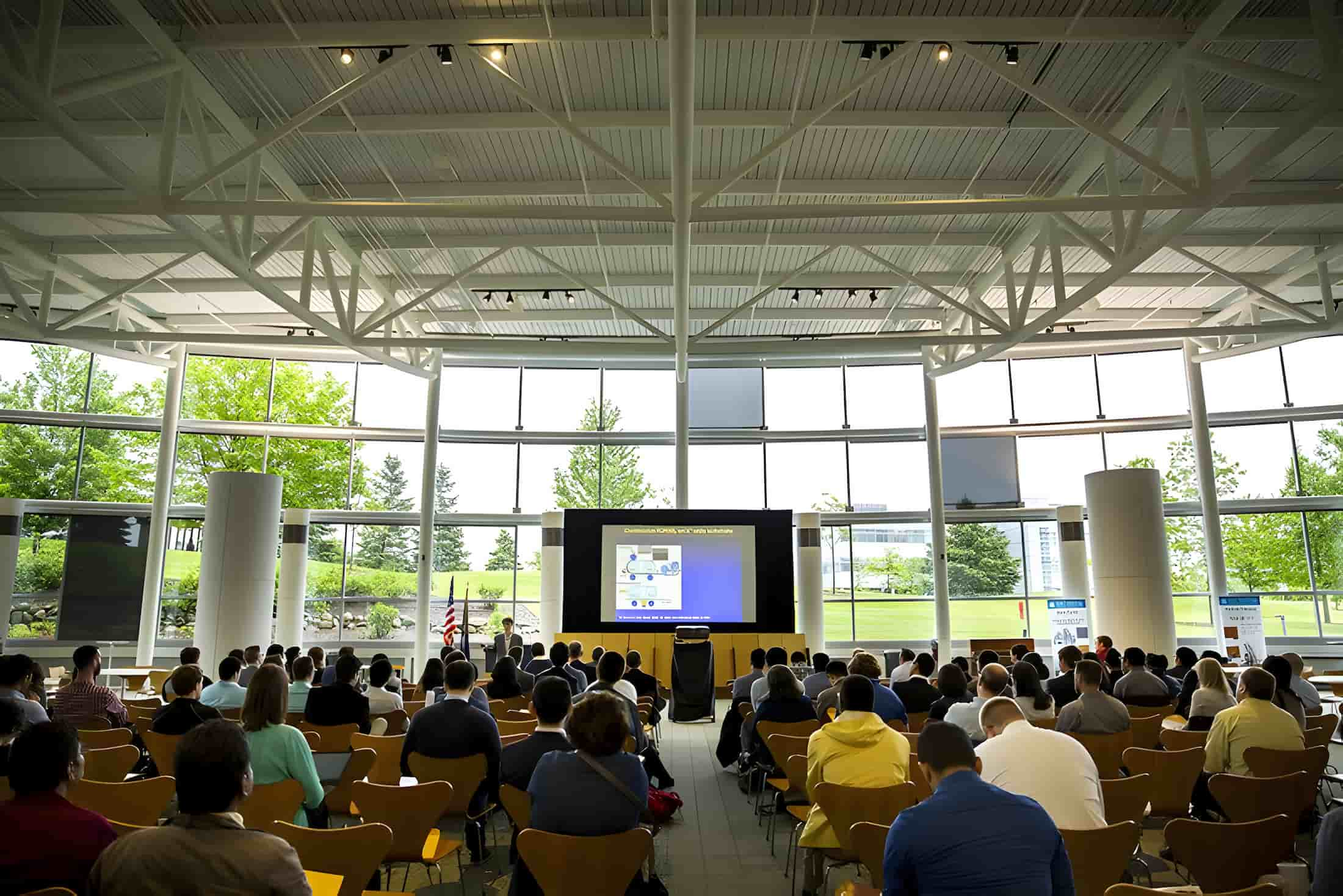
News & Events
Read about BME’s Latest Activities
-
BME Summer Workshops @ Michigan: Metabolism & Precision Health: A Biomedical Engineering Workshop
Please register to attend as soon as possible.
-

“Metabolism & Precision Health: A Biomedical Engineering Workshop” Is Next Week
It is co-sponsored by BME, Precision Health, the Michigan George M. O’Brien Kidney National Resource Center in the Department of Internal Medicine, Division of Nephrology.
-

The BME Exchange’s Next Event Is July 24
R.S.V.P. now for a casual, in-person networking experience with career talks, Q&A, and time to mix and mingle.
-

Deepak Nagrath Receives Rogel Scholar Award
Rogel Scholar Awards provide recognition and discretionary funds to support exceptional Rogel Cancer Center faculty members dedicated to the pursuit of research to advance understanding of the origins and behaviors of cancer.
Recent Posts
-
Summer BME Exchange Events Focus on Career Advice for BME Ph.D. Students
-
BME Students Named to Big Ten Conference Distinguished Scholars List
-
U-M BME’s Summer Merch Sale Runs Through July 8
-
Jiahe Li Receives Swim Across America–Motor City Mile Grant
-
Attend the BME Annual Welcome Back Summer Picnic
-
Metabolism & Precision Health Workshop Deadlines Are Extended To This Friday
In the News
Bloomberg News
MAY 22
BME’s Ariella Shikanov’s recent paper with co-PI Jun Li detailing the mapping of the human ovary at the resolution of a single cell was recently featured.
CBS NEWS DETROIT
FEBRUARY 1
BME’s Cindy Chestek discussed the pros and cons of neural implants with regard to the recent announcement of Elon Musk’s Neuralink trials using the first human implant.
Events
BME SUMMER WORKSHOPS @ MICHIGAN
Metabolism & Precision Health Workshop
July 25-26, 2024, 1 p.m.-6 p.m. Thursday, and 10 a.m. to 3:00 p.m. Friday
NCRC BUILDING 18 Dining Room
BME SUMMER WORKSHOPS @ MICHIGAN
Thriving in Academia: Flourishing in a Culture of Burnout
Tuesday, August 13
LEC Johnson Rooms

